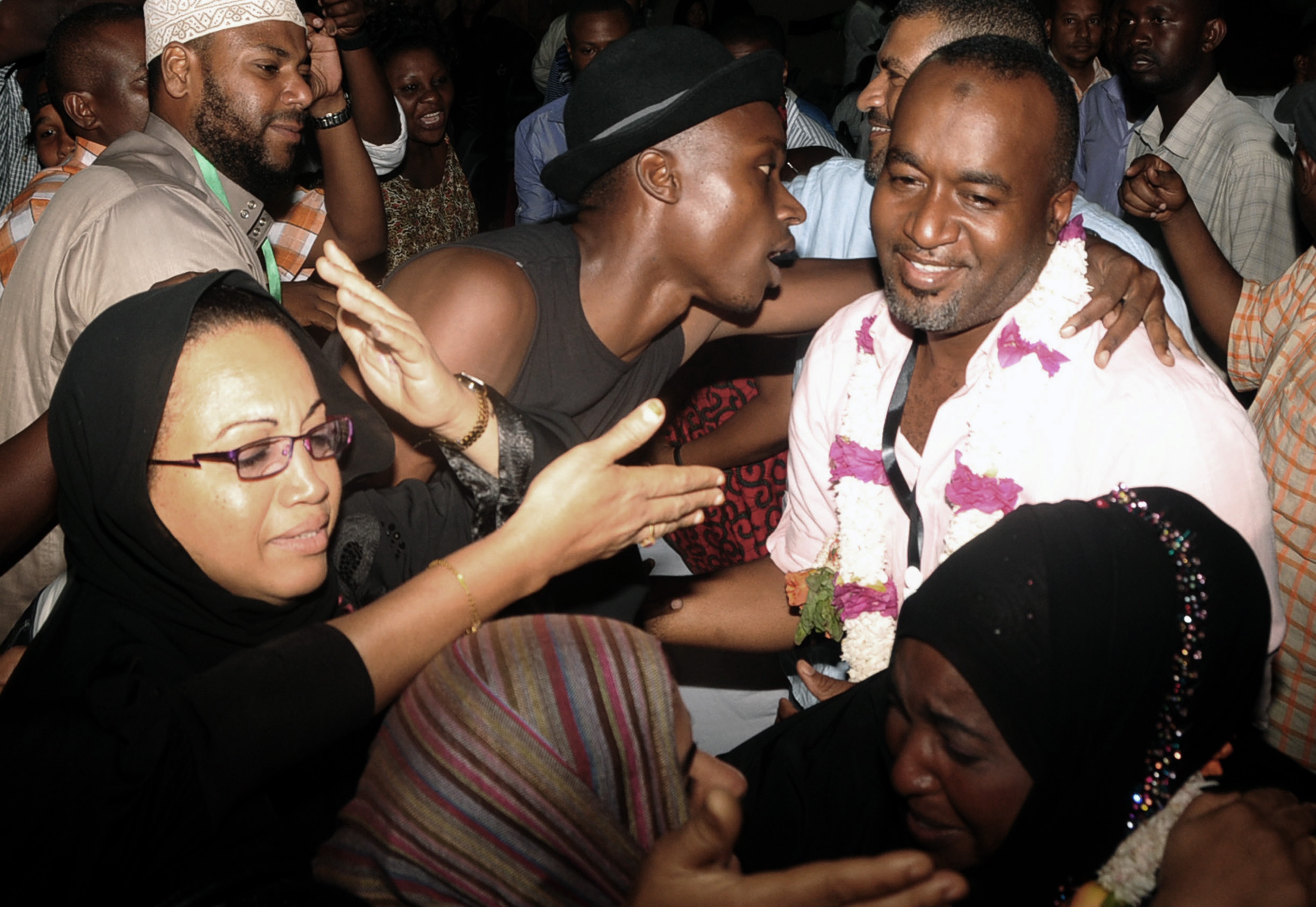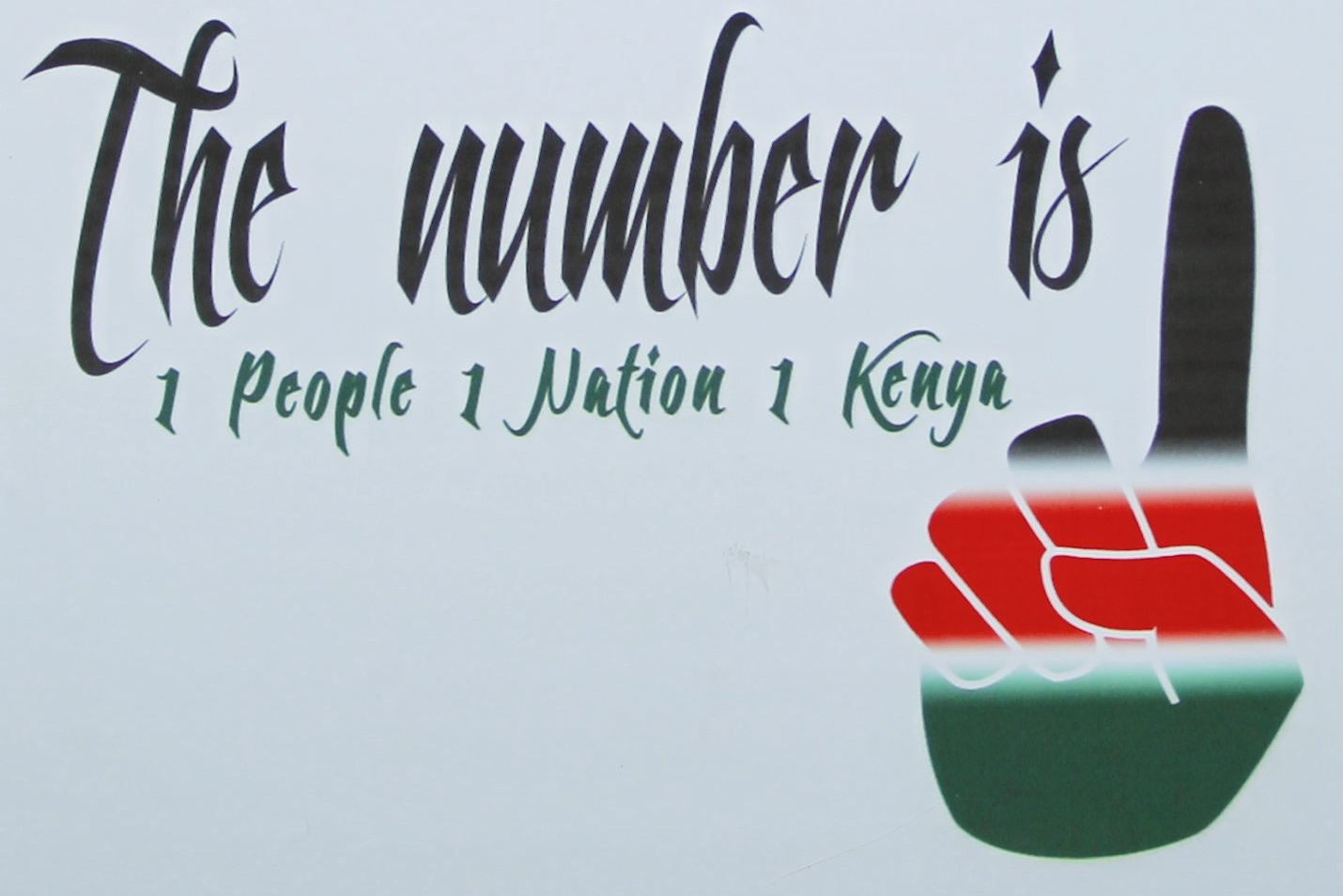Kenya
Dangerous neglect

In a referendum in August 2010, Kenyans approved a new constitution. It is meant to devlove powers and to prevent political violence. Peter Oesterdiekhoff of the Friedrich-Ebert-Foundation warns that riots are likely nonetheless in the context of the presidential elections in early March.
The last elections were held in the winter of 2007/08. The experience was traumatic. Violence erupted after both President Mwai Kibaki and opposition leader Raila Odinga declared they had won. Some 1000 people were killed and 600,000 fled their homes. The crisis ended when international pressure made the two top leaders form a grand coalition. Kibaki stayed on as president and Odinga became prime minister.
Oesterdiekhoff bemoans, however, that that the reforms of the state and its administration, which are needed to implement the new constitutions, have stalled. He argues that the political elite does not accept the principles of devolution, so the jurisdictions of 47 counties remain quite limited. Accordingly, Oesterdiekhoff argues, the counties are not in a position to bridge ethnic and regional divides, and ethnicity-based coalitions remain important.
Another bone of contention is that Uhuru Kenyatta has been accused of crimes against humanity in the context of the past election riots before the International Criminal Court (ICC). Should he be elected, he would gain immunity. His candidate for the vice presidency, William Ruto, has also been accused before the ICC.
Oesterdiekhoff appreciates that Kenya's judiciary is fiscally independent and has raised its profile by ruling against the government in recent years. At the same time, the police remains poorly trained and poorly equipped, he states, and the reforms agreed in the coalition agreement have not made much progress. He blames Kenya's top leaders of manipulative behaviour that is undermining reforms, jeopardising security and putting orderly elections at risk. The people, he says, are afraid of violence escalating once more.
Sandra Abild








